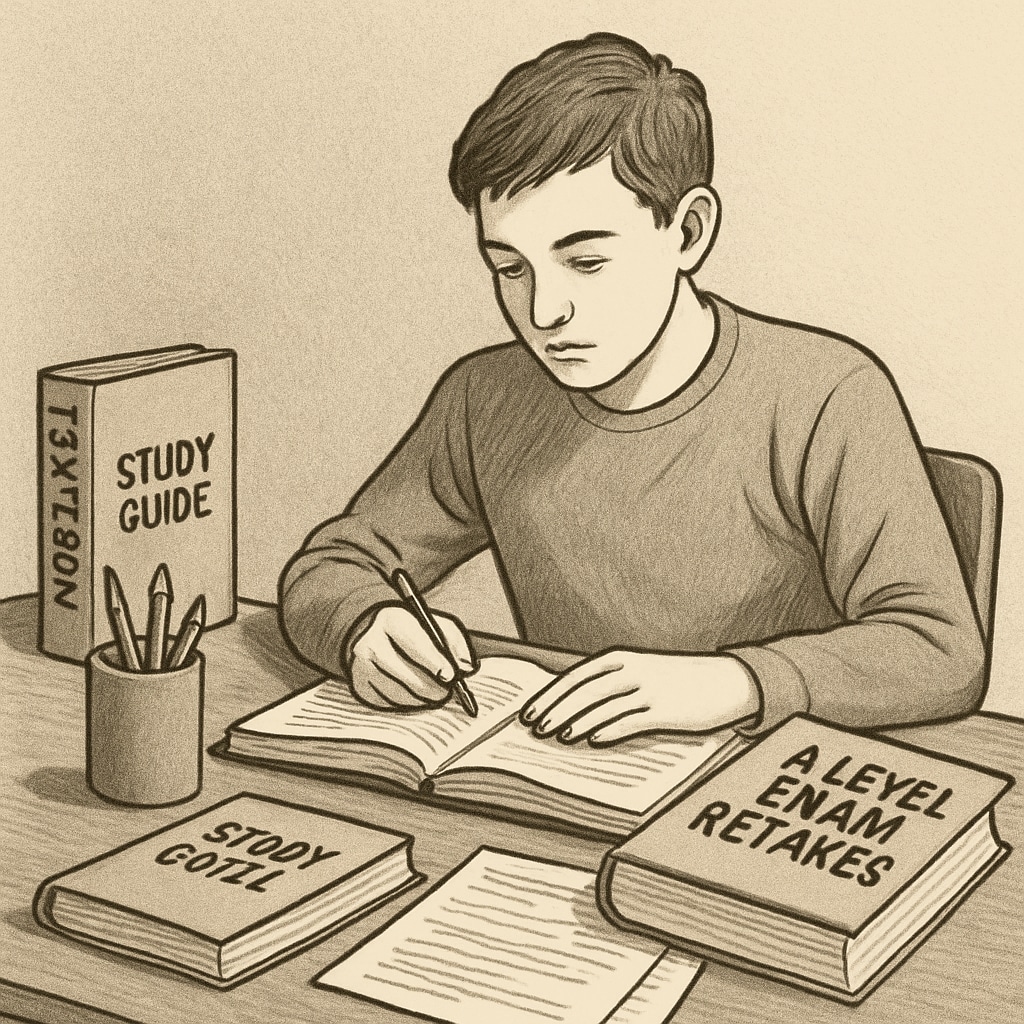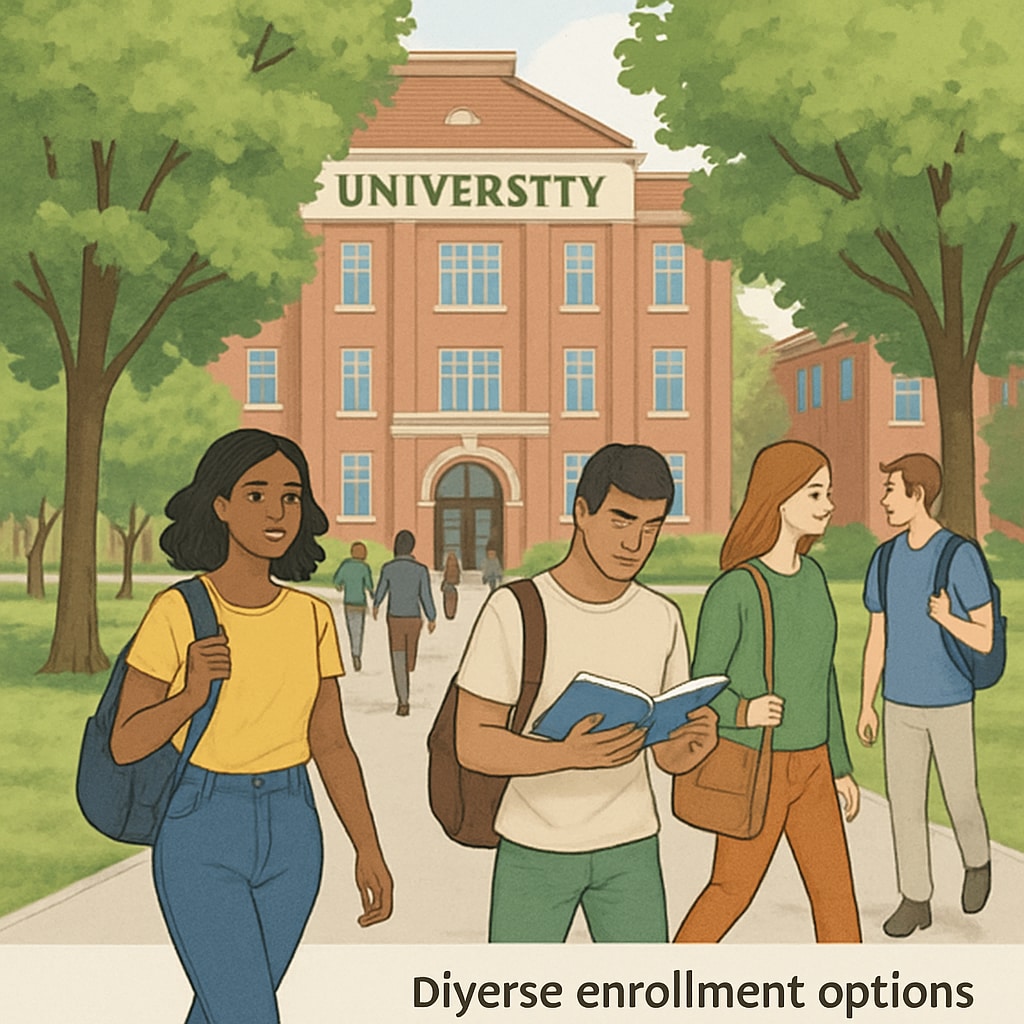For students who receive their A-level results only to find they are below expectations, it can feel like standing at a crossroads. The decisions they make next could shape their future academic and professional paths. Whether the goal is to retake A-level exams, enroll in a lower-ranked university, or pursue an international foundation year, this article explores the pros and cons of these educational choices to help students and their families make informed decisions.
Option 1: Retaking A-level Exams
Retaking A-level exams can be a daunting yet rewarding choice for students who believe they can significantly improve their grades. This path often involves enrolling in a sixth-form college or independent learning programs to prepare for the next exam cycle. It’s important to weigh the benefits and drawbacks before committing to this route.
- Pros: Retaking can open doors to more competitive universities and degree programs, aligning with long-term career goals. Additionally, it allows students to reflect on their past study habits and adopt more effective learning strategies.
- Cons: The process can be time-consuming and stressful, and there is no guarantee of achieving dramatically improved results. Furthermore, it can delay entry into higher education, which may not suit everyone.
Learn more about A-level exams on Wikipedia.

Option 2: Enrolling in Lower-Ranked Universities
If retaking exams feels too uncertain, another option is to consider enrolling at a lower-ranked university. While these institutions may not have the prestige of top-tier universities, they can still offer quality education and valuable opportunities for growth.
- Pros: Lower-ranked universities often have more flexible entry requirements and provide personalized support to help students succeed. They may also offer niche programs that align with specific interests or career aspirations.
- Cons: The perceived lack of prestige can affect job prospects in competitive fields, and fewer networking opportunities with industry leaders may be available.
Explore university rankings on Times Higher Education.

Option 3: Pursuing an International Foundation Year
An increasingly popular option for students with less-than-ideal A-level results is enrolling in an international foundation year. These programs are designed to prepare students academically and socially for entry into universities abroad, often with lower grade requirements than direct entry.
- Pros: Foundation years provide a structured transition into university life, enhancing academic skills and offering exposure to global perspectives. Many universities guarantee progression into undergraduate programs upon successful completion of the foundation year.
- Cons: This path can be expensive, especially for international students, and requires adaptability to new cultures and environments.
For example, universities in countries like Australia, Canada, and the UK offer excellent foundation year programs tailored to international students.
Making the Right Choice for Your Future
Ultimately, the choice between retaking A-levels, enrolling in a lower-ranked university, or pursuing an international foundation year depends on individual circumstances, goals, and resources. Students should consider their long-term ambitions, financial situation, and willingness to invest additional time and effort into their education. Regardless of the path chosen, persistence and adaptability are key to overcoming academic setbacks and achieving success.
As a result, navigating these options can empower students to reshape their academic journeys and achieve their full potential. Whether through a second chance at exams, a fresh start at a university, or international study opportunities, A-level results are not the final word on success—they are simply the beginning of new possibilities.
Readability guidance: This article uses short paragraphs, clear lists, and transition words to enhance readability. By balancing technical information with accessible language, it aims to support students at a critical juncture in their educational paths.


